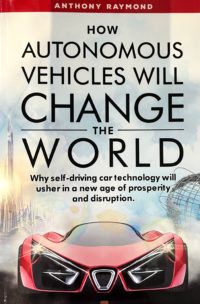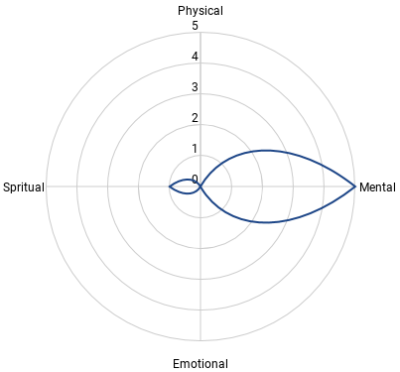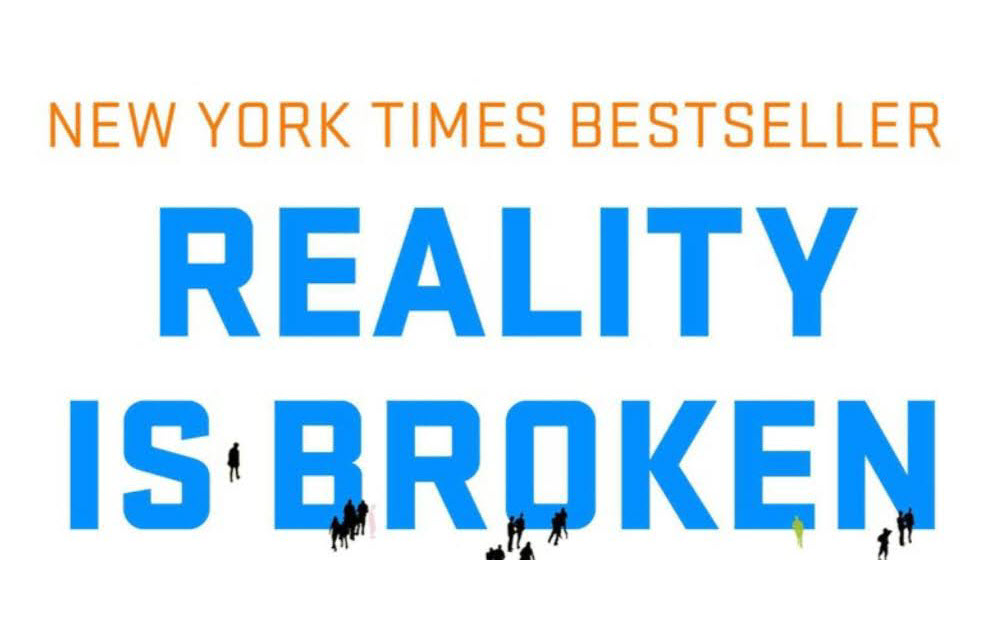Written by Anthony Raymond
Raymond paints a rosy picture of a future where all our material needs are delivered to our doorstep by a fleet of autonomous vehicles coming in all shapes and sizes. He proposes that once autonomous vehicles are allowed on the roads we will no longer want or need to own a car. The book is a mix of prognostication followed by data that is meant to lend credence to the predictions.
I found the future described to be colorful, suburbia centric, and hard to believe. It’s not that we won’t have self driving vehicles. He is categorically right when he says we already have self driving capable vehicles on the road today. No, it was his comment that commuting to work and school will be so much easier. The idea that autonomous vehicles will solve congestion on the road is partly accurate in limited use cases.
More effective routing and flow control will definitely help ease congestion on the main throughways however, we will continue to have the challenge of people spread out all over going to all different locations in cities like Los Angeles. Carpooling is a great idea until you realize that picking everyone up and dropping them off adds another 30% of drive time. It’s similar to taking mass transit in sprawling cities. Creating more suburbs exacerbates the problem.
I do admire his creativity in seeing the possibilities autonomous vehicles will bring to society. I also appreciate his thoughtful identification of the material and existential consequences that might follow. I’m not a fan though of reinforcing behaviors that cause people to remain indoors and away from other humans. Ironically he cites The Machine Stops by E. M. Forster as the ultimate pitfall of automating everything. Forster describes a world where everything, literally everything, is delivered directly to our home and it is considered vulgar to leave the house. That is not the world I wish for me or my children.
Why Would You Read This Book?
You are interested in learning about recent advances in autonomous vehicles and potential societal impacts. The author presents descriptive narratives for what might happen with parking lots, food delivery, home designs, and the automobile support service industry. I found it to be incredibly thought provoking around automation in general. To the author’s credit he brings up the great question of, in the absence of adversity, will we as a species atrophy and stop advancing as a species. Indeed, evolution would say that we evolve when met with adversity. Remove all adversity and will we have anything more than a hedonistic society spending its time pleasure seeking. What say you my loyal reader??
I score each book review on a four axis, 0 – 5 point scale that measures how deep a book explores physical, mental, emotional, and spiritual concepts. Use these scales to find a book that explores concepts you are most interested in reading.






Leave A Comment